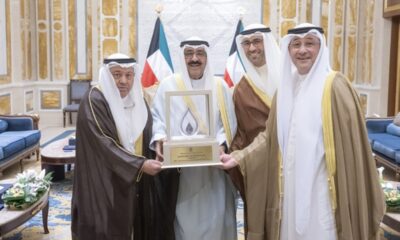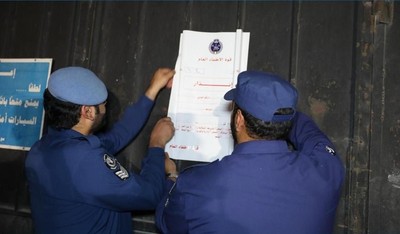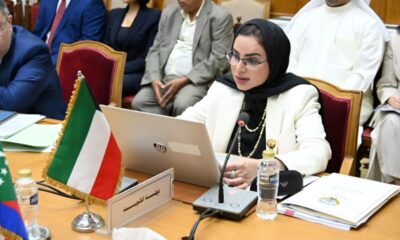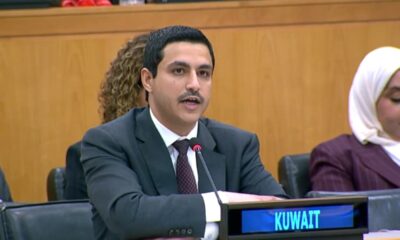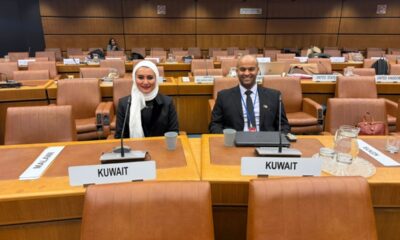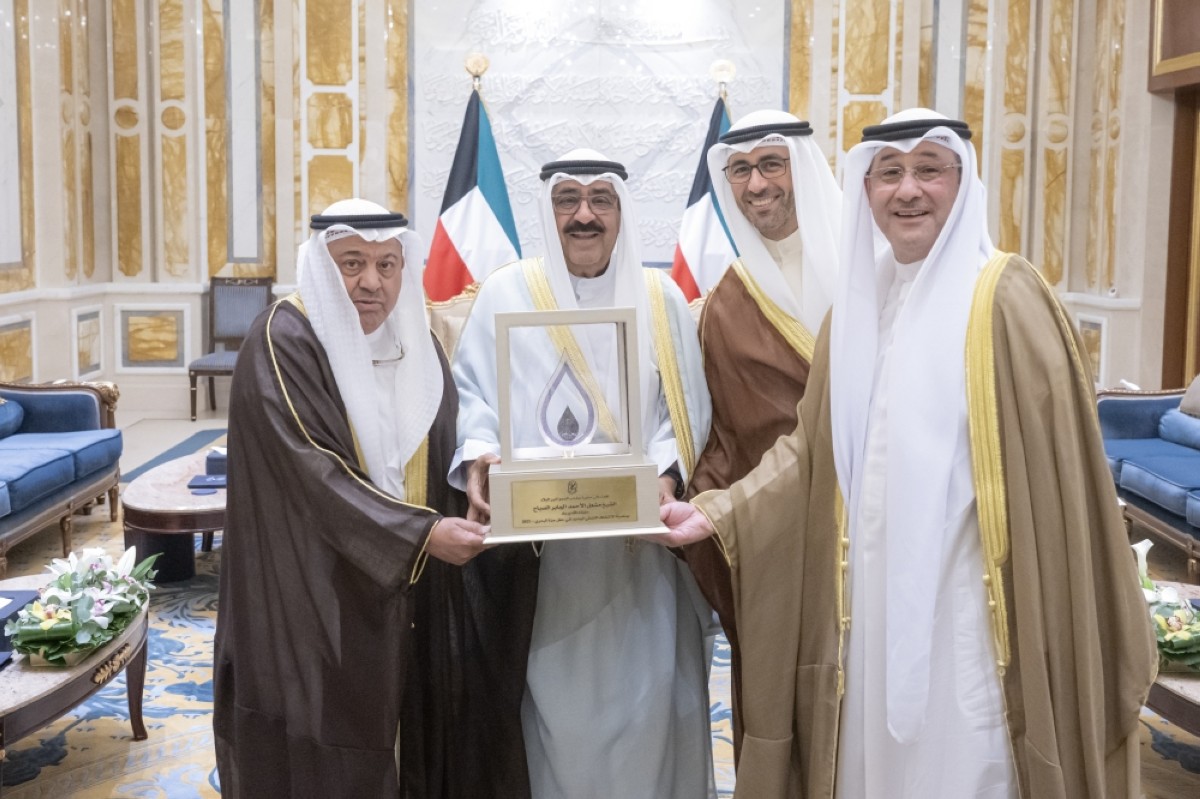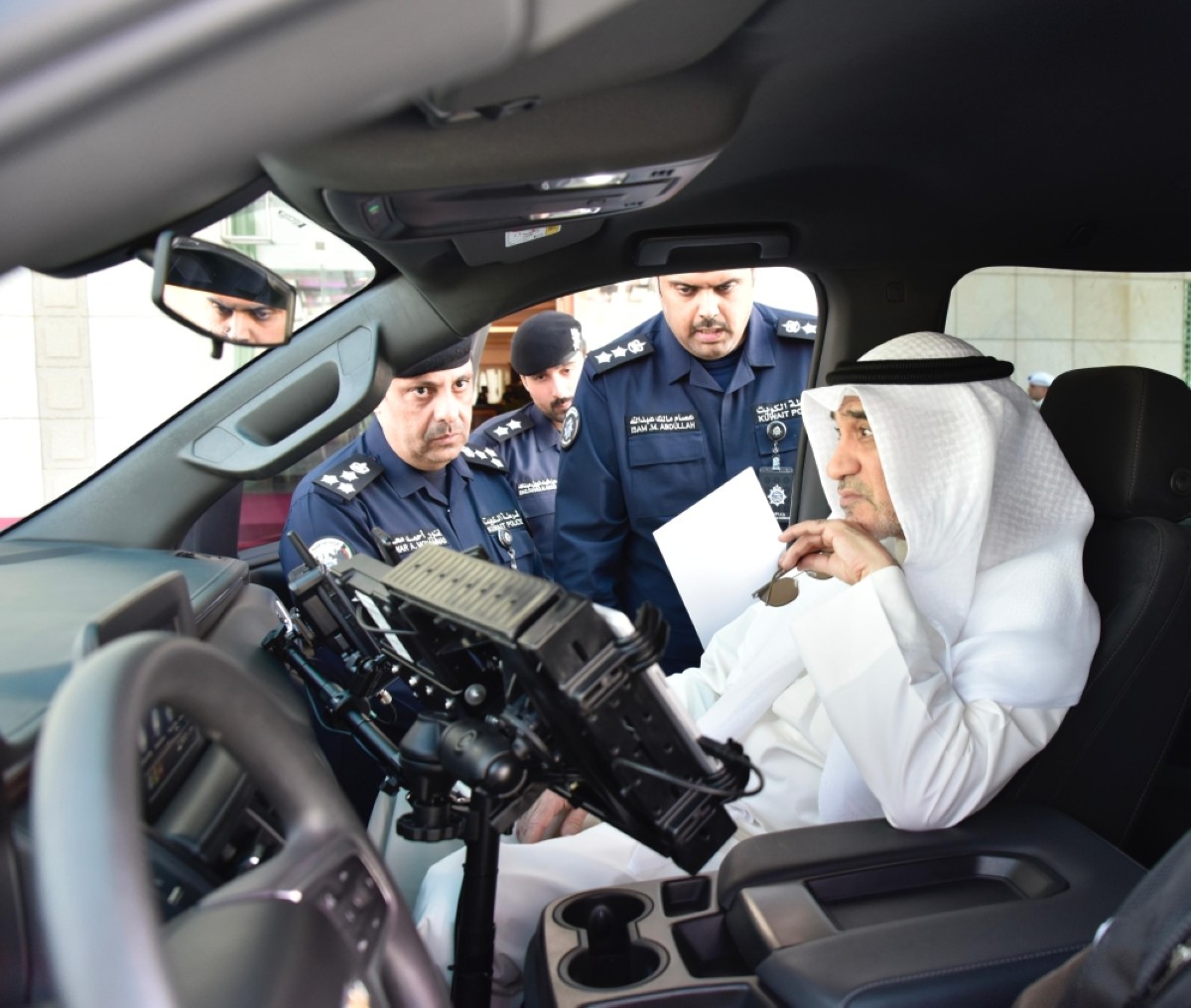KUWAIT: Environmental sustainability has taken center stage in Kuwait’s national agenda, with the government intensifying efforts over the past two years to outline long-term strategies aimed at reducing pollution, preserving natural resources, and tackling climate change. Backed by the country’s leadership, including directives from His Highness the Amir Sheikh Meshal Al-Ahmad Al-Jaber Al-Sabah, the Kuwaiti Cabinet has been actively reviewing the national low-carbon roadmap — a key element of the country’s sustainable development policy.
Minister of Oil Dr Tareq Al-Roumi and officials from the Environment Public Authority (EPA) recently presented the roadmap’s vision, which aims to boost national resilience to climate change through innovation, green investment, and circular carbon economy solutions. The roadmap remains in its early implementation phase.
Kuwait has also expanded coordination with China through memorandums of understanding focused on low-carbon systems, renewable energy, waste recycling, and wastewater treatment infrastructure. These agreements are expected to support the country’s broader environmental targets under its “New Kuwait 2035” vision.
Carbon neutral by 2060
In line with that vision, the EPA in November 2023 announced the “Low Carbon Strategy 2050” in cooperation with the UN Environment Programme (UNEP) and other state sectors. Kuwait became the second Gulf country to submit such a strategy, reaffirming its commitment to the UN Framework Convention on Climate Change. The strategy outlines Kuwait’s long-term goal to achieve carbon neutrality by 2060 through expanded use of renewable energy and reduced reliance on fossil fuels. As of now, implementation details have not been made public.
Progress has included the release of Kuwait’s first State of the Environment report, published last year in cooperation with UNEP. The report offers an in-depth review of seven key issues: climate change, waste management, land and water resources, air quality, biodiversity, and marine and coastal environments. It also examines Kuwait’s institutional and legal environmental frameworks, though follow-up actions on its findings have not yet been disclosed.
The EPA has since announced four strategic environmental projects: The national environmental strategy; a monitoring and enforcement system for the national waste management strategy; a national strategy to combat desertification; and a plan to enhance environmental data management. Details on these projects, which are under development, are not publicly available, but they are expected to guide future policy. They aim to strengthen public-private cooperation, improve performance indicators, and enable better data sharing across agencies to support long-term environmental planning.
Waste management strategy
One of the most detailed initiatives is the National Waste Management Strategy 2040 (KNWMS), announced in mid-2024. It was developed by the EPA in partnership with the German Fraunhofer Institute for Environmental, Safety, and Energy Technology (UMSICHT), following a five-year study — one of the most comprehensive in the Gulf region to date.
The project team analyzed waste generation trends, studied 20 major landfill sites, and interviewed over 400 waste stakeholders. They also tested hundreds of waste samples and installed 100 electronic “e-noses” in odor-intensive areas to monitor air quality. The resulting strategy sets 28 national goals, including reducing landfill rates and increasing recycling of construction and municipal solid waste. A new geo-database and digital monitoring tools were created to help agencies track and manage waste more efficiently. While the strategy provides a robust framework, its implementation is still in the early stages.
Renewable energy in-progress
Efforts to integrate sustainability into everyday life are also reflected in Kuwait’s development plans. A national program for environmentally harmonious living areas promotes efficient resource use and pollution reduction, with a focus on building eco-friendly cities that use green infrastructure and smart technology. The Fourth Kuwait Master Plan (2040) supports green buildings and improved urban sustainability. Many of these initiatives remain at the policy or pilot-project level. On the legislative front, Kuwait’s environmental protection law outlines measures to safeguard ecosystems, reduce pollution, and promote biodiversity. It includes provisions to identify pollution sources, prevent harmful practices, and impose penalties for violations.
At the 2025 Kuwait Sustainable Energy Conference, the government reaffirmed its plan to derive 50 percent of its electricity from renewable sources by 2050. Minister of Electricity, Water and Renewable Energy Dr Sabeeh Al-Mukhaizeem said Kuwait is pursuing “carefully planned projects” that align with both international climate commitments and national development goals. However, specific milestones or progress updates are yet to be reported.
Kuwait’s renewable energy plans fall into three categories: Long-term initiatives such as the Shagaya project; medium-term projects like Abdaliya; and small-scale efforts under a national energy code requiring all facilities to produce at least 10 percent of their electricity from renewable sources. The Shagaya complex, developed via a public-private partnership, is expected to deliver 1,600 MW in two phases — 1,100 MW in the first and 500 MW in the second.
Combatting desertification
Other government bodies are also involved in environmental efforts. The Public Authority for Agricultural Affairs and Fish Resources (PAAAFR) is leading afforestation campaigns across Kuwait, including in northern and southern border areas. Drought-resistant trees like Sidr and Tamarix are being planted to reduce dust pollution and combat desertification. Public parks and green spaces are being expanded, though comprehensive data on completion rates or outcomes has not been made available. Urban green infrastructure is expanding through public gardens, some spanning entire residential districts. Projects for natural reserves and eco-tourism are under discussion, with some initiatives underway.
International organizations have acknowledged Kuwait’s recent environmental actions. UNEP’s Regional Director for West Asia, Sami Dimassi, highlighted Kuwait’s commitment to developing “responsive strategies that meet both current needs and future goals.” Meanwhile, Ghada Al-Taher, the UN Resident Coordinator in Kuwait, praised the country’s engagement in efforts to combat desertification, water scarcity, and biodiversity loss. — Agencies
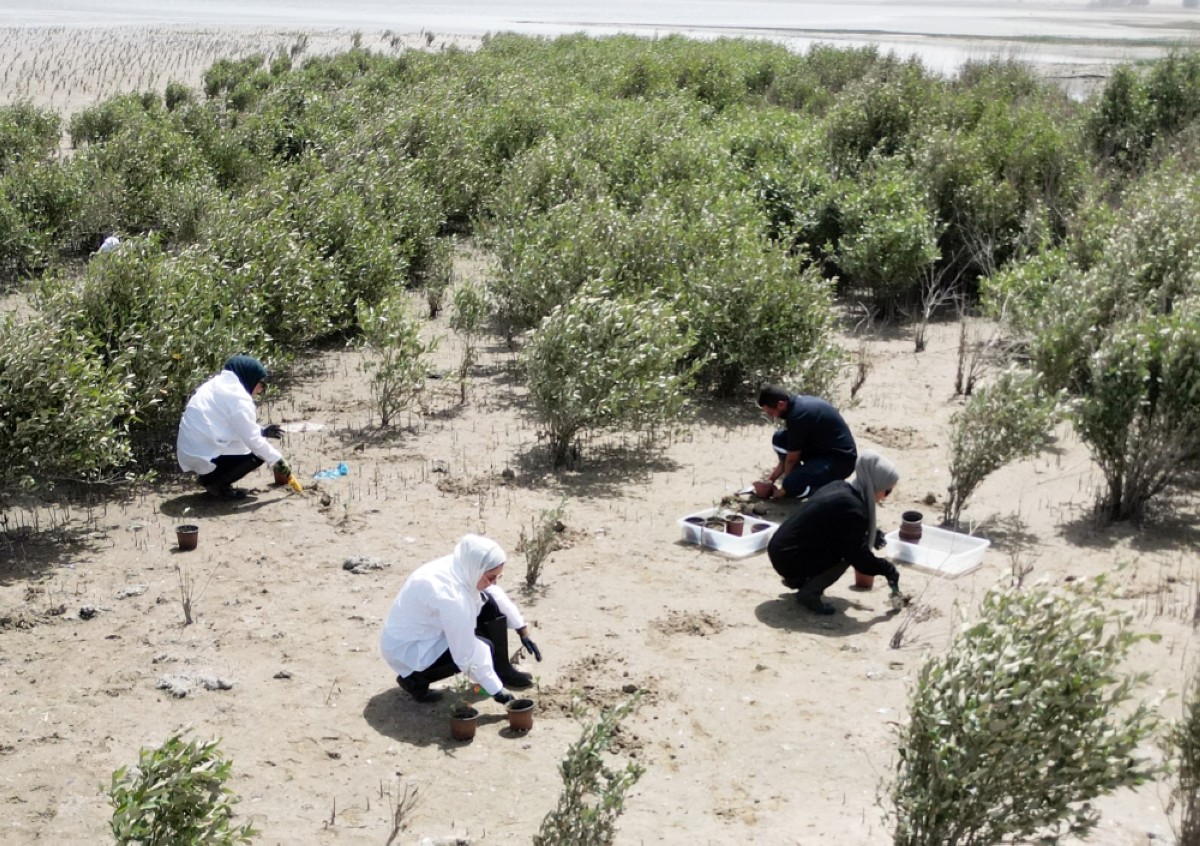

 Politics17 hours ago
Politics17 hours ago
 Politics16 hours ago
Politics16 hours ago
 Business17 hours ago
Business17 hours ago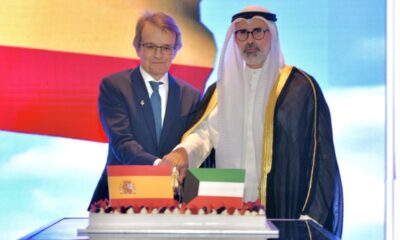
 Latest News10 hours ago
Latest News10 hours ago
 Latest News17 hours ago
Latest News17 hours ago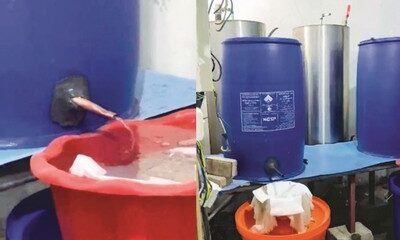
 Politics12 hours ago
Politics12 hours ago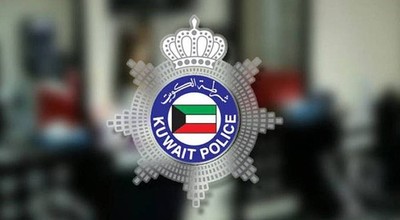
 Politics14 hours ago
Politics14 hours ago
 Business15 hours ago
Business15 hours ago
